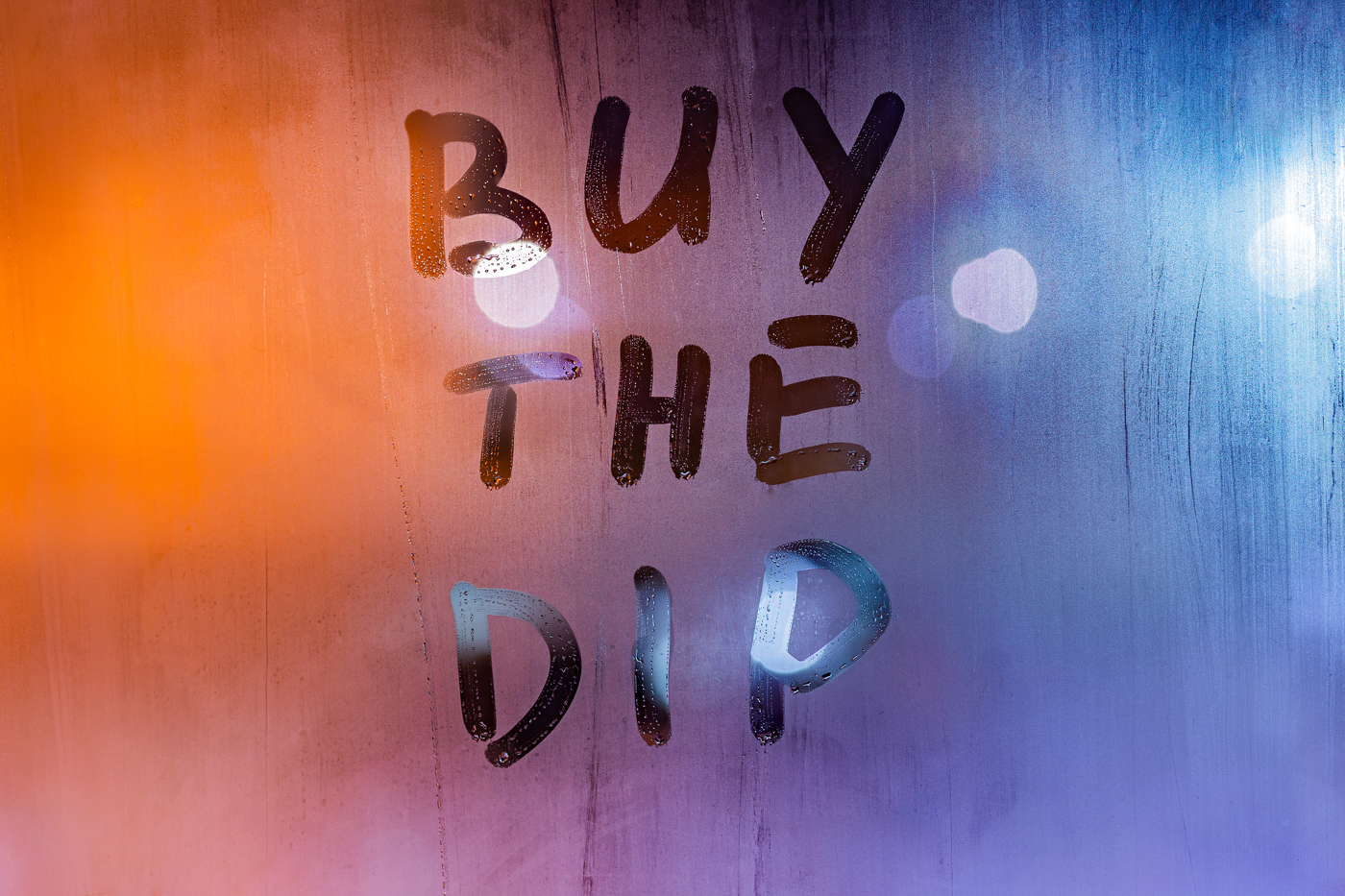
MELI is up 236% year-over-year
MercadoLibre, Inc. (NASDAQ:MELI) is an Argentina-based company incorporated in the United States that operates online marketplaces dedicated to e-commerce and online auctions. The company hosts the largest online commerce and payments ecosystem in Latin America and is often referred to as “the Amazon.com (AMZN) of Latin America.” MercadoLibre is present in 18 countries including Argentina, Brazil, Mexico, Spain, Panama, Colombia, Chile, and many others.
Similar to AMZN, it's been a meteoric rise for MELI. The shares scored a record high of $2,020 on Jan. 21 and boast a 236% year-over-year lead. That's the good, now the bad; the shares are facing pressure at their -10% year-to-date level. This deficit was made worse by a post-earnings bear gap earlier in the month. The silver lining is MELI's 200-day moving average that has stepped up as support and hasn't been breached on a closing basis in almost an entire year.

MercadoLibre is showing investors a very promising growth rate. MELI has nearly tripled its revenues since fiscal 2017, adding nearly $1.7 billion (73% growth) in revenues during fiscal 2020. Additionally, the company's net income continues to inch closer to profitability. In 2020, MercadoLibre had less than $1 million in net losses, which is over $170 million more than in fiscal 2019. Furthermore, MELI is in an excellent position to continue funding their expansion. The company's balance sheet holds $2.46 billion in cash and only $1.71 billion in debt.
The biggest red flag for investors considering MercadoLibre stock for their portfolios, like most other high-growth tech stocks, is its current valuation. MELI's market cap is currently over $73 billion and MercadoLibre stock has a forward price-earnings ratio of 250. The best approach to purchasing MELI stock will be to buy the dip whenever possible, making its recent slump a great potential opportunity for investors willing to take on the risk of its massive valuation.
Taking the risk on options could be a viable strategy. The stock's Schaeffer's Volatility Index (SVI) of 43% stands higher than just 10% of all other readings in its annual range, implying options players are pricing in relatively low volatility expectations at the moment. Furthermore, the security's Schaeffer's Volatility Scorecard (SVS) sits at a 100 (out of 100), meaning MELI has exceeded these volatility expectations during the past year.